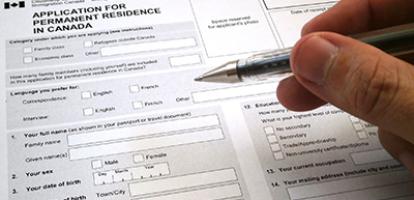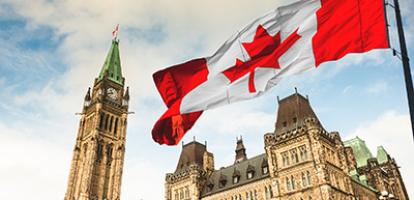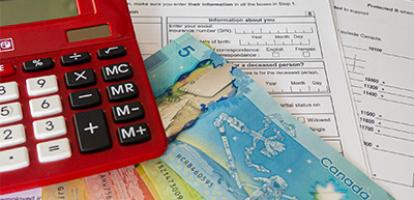In recent weeks, Ottawa has announced several financial assistance measures for those most affected by the COVID-19 crisis. They include increased flexibility for employment insurance benefits, generous wage subsidies for businesses, and an emergency response benefit of $500 per week for affected workers and caregivers. But these programs pose implementation challenges that could result in Canadians waiting weeks to receive the financial assistance they need, assuming they qualify at all.
An unprecedented demand spike is already challenging the capacity of the employment insurance system, especially with Ottawa having closed Service Canada outlets across the country. Technical difficulties around eligibility conditions for the wage subsidy are another problem that will inevitably delay its implementation. And the emergency response benefit is not yet operational, with the first cheques coming mid-April at the earliest.
Paradoxically, many households already have an ample source of financial wealth at hand. Letting Canadians temporarily withdraw from their RRSPs, tax-free, would provide an immediate and cheap source of financial assistance — if only the rules allowed it.
The federal government’s Home Buyers’ Plan (HBP), to support the purchase of a home, and Lifelong Learning Plan (LLP), to support enrolment in an educational program, already operate this way. Under the HBP, buyers can withdraw up to $35,000 tax-free, to be repaid over the next 15 years, while students may withdraw up to $10,000 under the LLP, to be repaid over 10 years.
If Ottawa allowed RRSP withdrawals along the same lines, this would offer two big advantages for Canadians.
First, they would get to use the full amount they withdrew from their RRSP, without the government withholding income taxes, which can be substantial. Of course, the annual mandatory recontributions to RRSPs that would follow would not give rise to RRSP deductions: plan holders already received that benefit when they made the original RRSP contribution. And if withdrawers didn’t recontribute, or recontributed insufficiently, then they would get dinged for taxes on the amounts they had withdrawn.
Second, and contrary to a normal taxable RRSP withdrawal, withdrawals under the HBP and LLP schemes do not lead to a loss of contribution room. So there would no implicit penalty for making use of temporary withdrawal.
We already have the HBP and LLP so the bureaucratic machinery exists for the immediate implementation of a similar scheme for crisis financial relief — let’s call it the Financial Relief Plan (FRP). Many arrangements are possible. For example, the FRP could be available for the next six months; withdrawals could be limited to $20,000; and tax repayments could extend over a maximum of 10 years. But many other combinations are possible.
Unlike the HBP and LLP, participation should not be restricted. Someone who does not personally need an FRP withdrawal may still want to help a family member in need. Or even if the withdrawal supports the purchase of a big-ticket item, such as a car or home renovations, that would stimulate the economy at what may be a critical time.
One way or another the government will get its money, either when Canadians have to pay taxes on money they fail to recontribute or, after they have recontributed, they eventually come to withdraw their money for retirement. With interest rates so low, the cost to the government of what amounts simply to a delay in tax payments would be negligible.
The COVID-19 crisis is affecting families in many different ways. Government support programs cannot respond to every circumstance. The FRP could assist Canadians who need immediate financial help to help themselves or, if they wished, to help others. And it could provide a small boost to the economy just when it will be most needed.
Published in the Financial Post
Alexandre Laurin is director of research at the C.D. Howe Institute. Nick Pantaleo, a retired executive and tax specialist, is currently executive in residence at the University of Waterloo’s School of Accounting and Finance.





